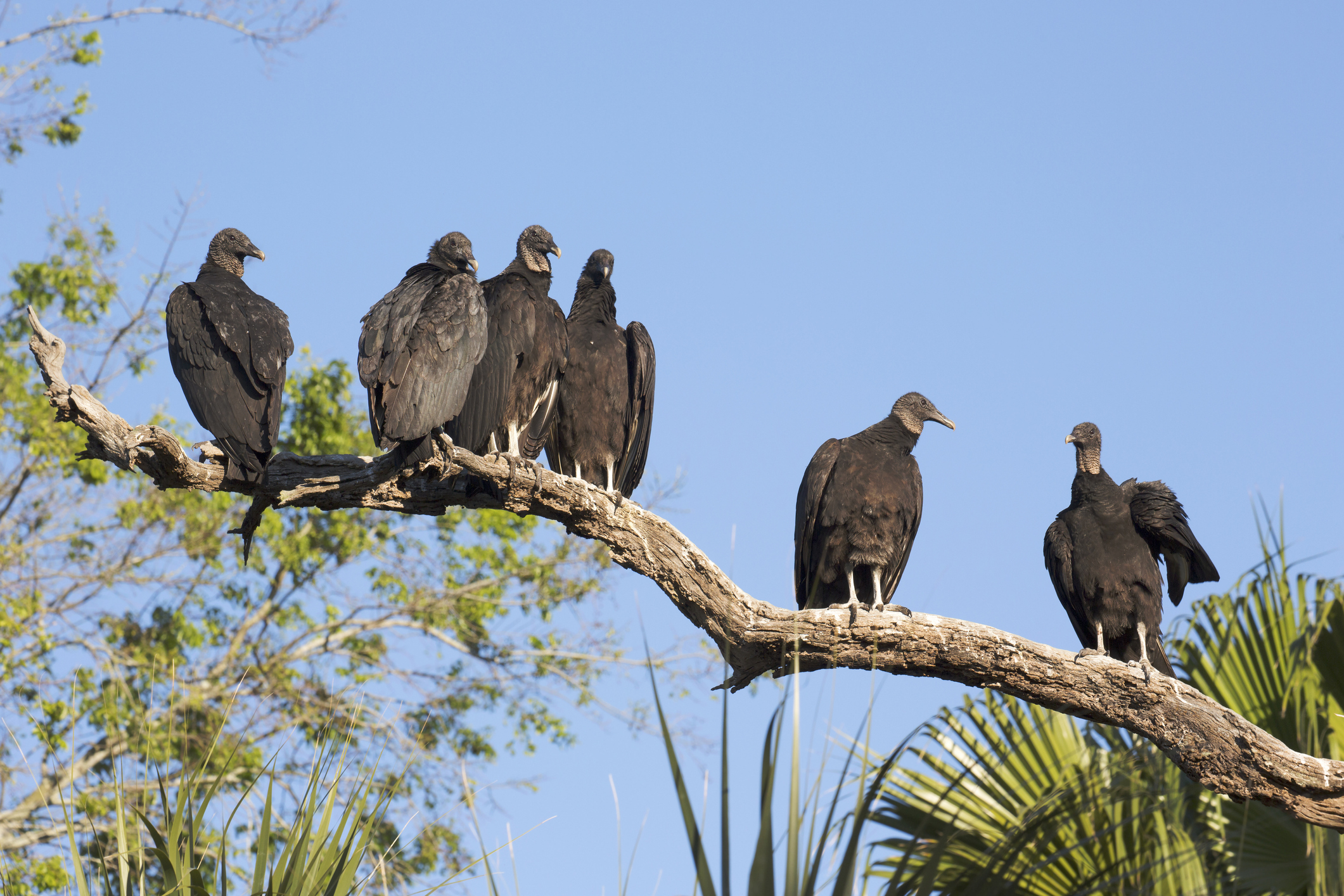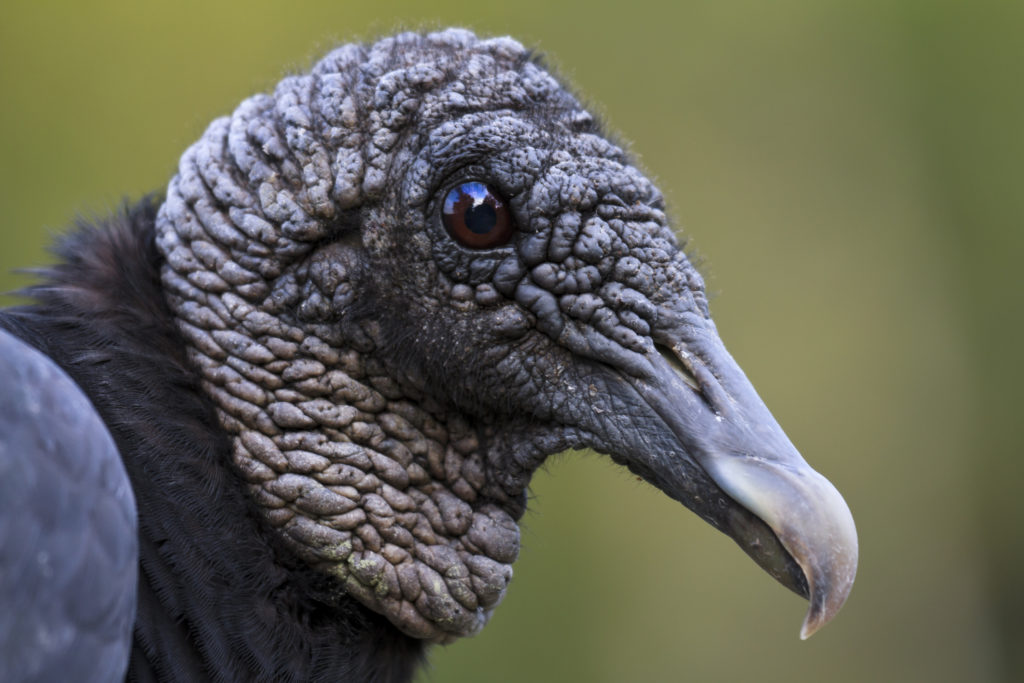People might not think vultures are the most glamorous of birds. Sure, they eat rotting stuff, have weird bald heads, and like the hang out in unsavory places, but is that so bad? Honestly, humans seem to have it in for anything that eats rotting carcasses, even when they’re a really important species. Personally, I think that’s what makes vultures amazing (and yeah, maybe I DO have a framed vulture poster in my apartment that highlights projectile vomiting, but hey, I'm a birder). Fortunately, it seems that others are coming around to the idea that, not only are vultures pretty important, but they are also working to clean up the planet! Until recently, no one saw a vulture's unusual eating habits as a valuable tool for conservation.
An initiative in Peru recruits vultures to identify and mitigate a serious problem with illegal garbage dump sites in the city of Lima. According to the Centre for Clean Air Policy, daily waste production in Peru is about 17,000 tonnes, and only two-thirds of that waste is collected. This results in 5.7 percent of Peru’s total emissions coming from the waste sector. There are 5 sanitary landfills in Lima and 8 in total in the country. These landfills collectively only treat 20 per cent of Peru’s waste, yikes! Illegal dumping can contaminate neighbourhoods, rivers and coastlines with harmful substances, impacting the health of humans and wildlife.
That’s where vultures come to the rescue. Gallinazo Avisa was created to help in the tracking, identification and reporting of contaminated areas in Lima. It’s an effort to reduce the amount of waste people produce and to raise awareness on the gravity of the issue. Their team consists of ten key members; a group of trained Black Vultures!


